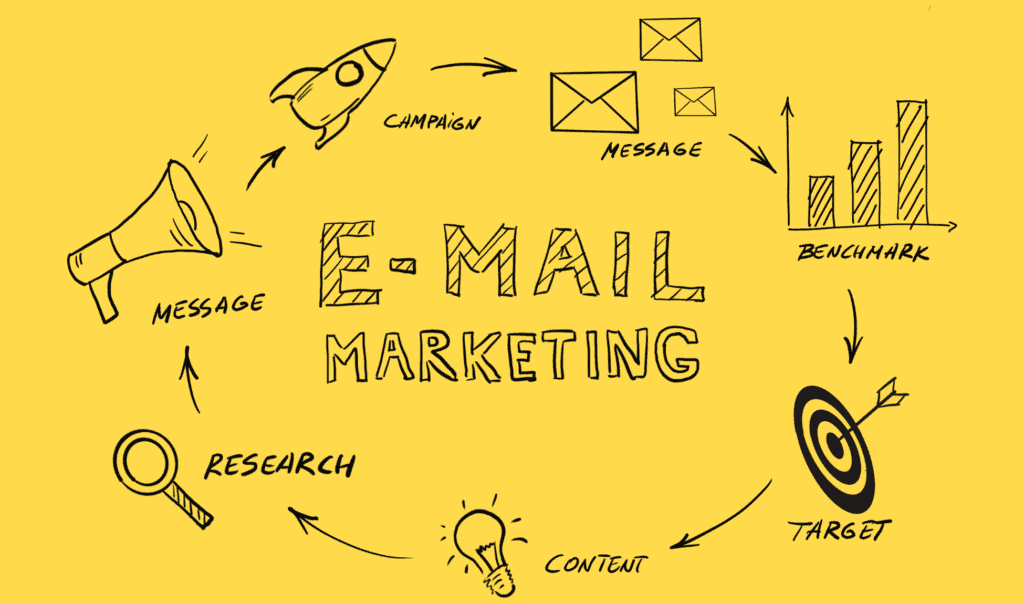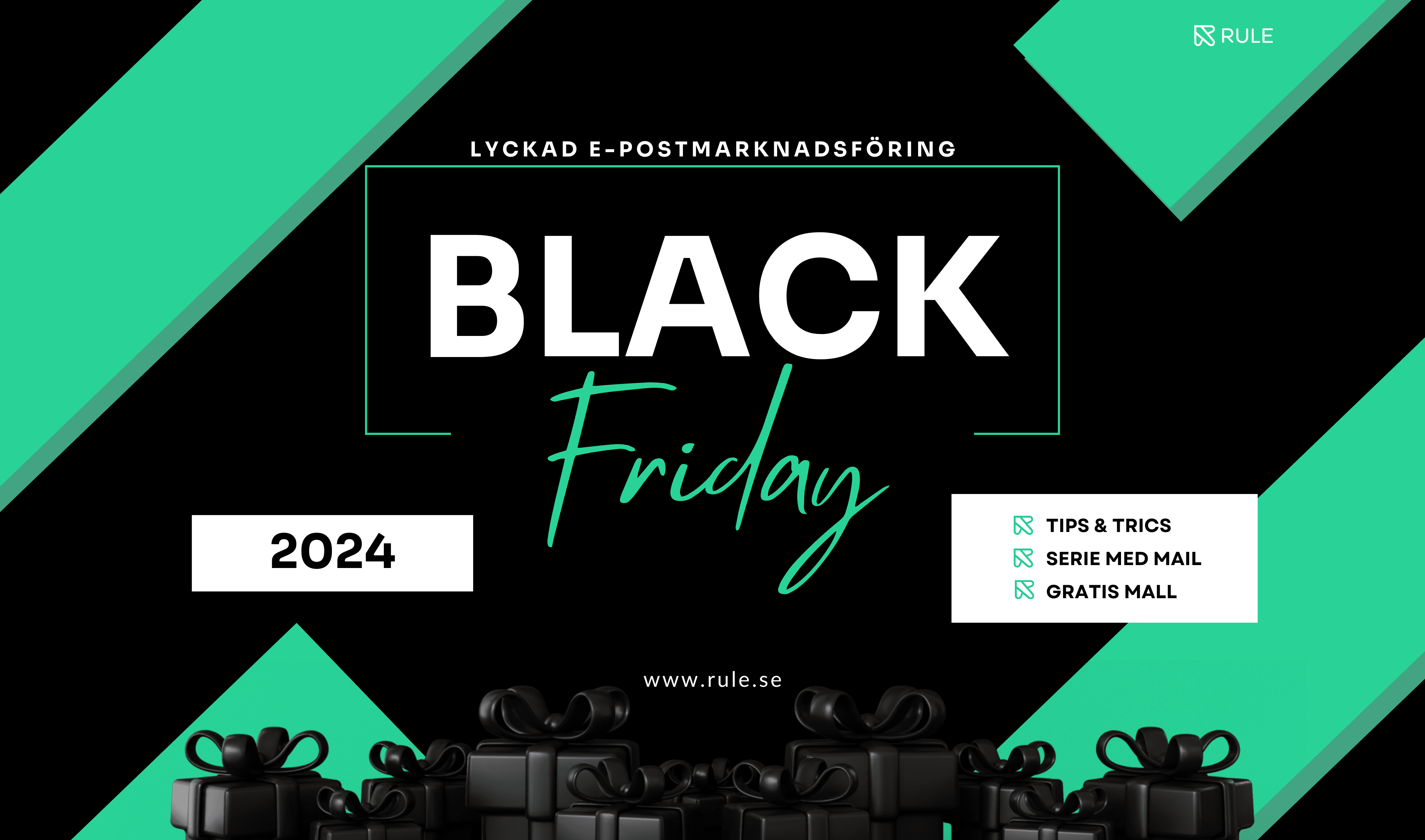In the rapidly changing world of digital marketing, two key strategies have emerged as cornerstones of successful businesses: Marketing Automation and Email Marketing. Both approaches play a significant role in engaging customers, nurturing leads, and driving conversions. However, the debate about which is superior continues to arouse interest and curiosity among marketers. In this blog post, we’ll dive into Marketing Automation and Email Marketing, explore their differences, benefits, and how they can complement each other to boost your marketing efforts.
Email Marketing: A Time-Tested Classic
Email marketing has been a mainstay in the marketer’s toolbox for decades. This means sending targeted emails to a list of subscribers to promote products, services or engage the target audience. This approach offers several advantages, including affordability, ease of implementation, and a broad reach. Marketers can craft personalized messages that speak to their audience and create stronger connections and brand loyalty.

Additionally, analysis of metrics such as open rates, click-through rates, and conversions has become more accessible than ever, thanks to email marketing platforms.
Despite its effectiveness, email marketing has its limitations. Manually sending individual emails can be time-consuming and challenging to scale up as your subscriber list grows. In addition, the lack of real-time response and personalized automation can inhibit the opportunities for quick and relevant interactions. This is where automation comes into play.
Marketing Automation: The New Frontier
As businesses strive to overcome the challenges of traditional email marketing, Marketing Automation made an entrance. This revolutionary approach leverages technology to automate repetitive tasks, allowing marketers to streamline their campaigns, increase efficiency and nurture prospects throughout the customer journey.
Marketing Automation enables segmentation of your target audience based on various parameters such as demographics, behavior, and previous interactions. Through this, you can deliver highly targeted and personalized content, significantly increasing engagement. Automated workflows can nurture prospects with emails and adjust content based on the user’s actions, leading them toward purchasing, signing up for a webinar, or some other desired action.
In addition to email marketing, Marketing Automation extends its capabilities to multiple channels such as social media, SMS, and push notifications. This multi-channel strategy ensures a seamless customer experience across all touchpoints, reinforcing your brand message and increasing conversion opportunities.

Marketing Automation vs. Email Marketing: Finding the Balance
Rather than framing Marketing Automation and Email Marketing as competitors, savvy marketers understand that combining the two can produce extraordinary results. Email marketing is a powerful tool for direct communication with subscribers, especially for time-sensitive promotions or special announcements. On the other hand, Marketing Automation excels in creating long-term customer relationships, nurturing potential customers, and engaging users through automated processes.
Imagine a situation where a user signs up for your newsletter. With Marketing Automation, you can automatically trigger a welcome message, followed by a series of well-timed, personalized messages based on the subscriber’s interactions. These emails may contain informative content, product recommendations, and exclusive offers. As the subscriber engages further, their behavior can be analyzed, and the automation adjusted accordingly. If they show signs of becoming a qualified lead, a sales team can be notified to take over and close the deal.
When Marketing Automation and Email Marketing go on a date - success in sight
In conclusion, Marketing Automation and Email Marketing are powerful tools with unique strengths. Email marketing excels at direct communication and can be an effective way to send out messages to a broad audience. On the other hand, Marketing Automation takes personalization to a new level, enabling targeted, data-driven, and timed interactions with your audience.
You should embrace a holistic approach by integrating both strategies to maximize your market potential. Use email marketing for specific campaigns and time-sensitive offers while leveraging Marketing Automation to nurture leads, build customer relationships, and optimize your marketing insight across different channels.
Ultimately, the success of your marketing efforts lies in understanding your audience and their preferences and delivering the right message at the right time – and that’s a combination where both Marketing Automation and Email Marketing shine.







